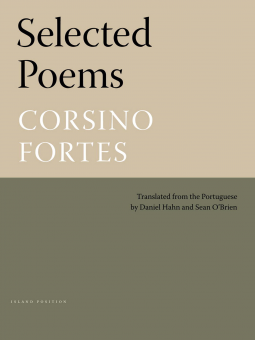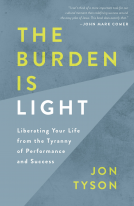
Selected Poems of Corsino Fortes
by Corsino Fortes
This title was previously available on NetGalley and is now archived.
Send NetGalley books directly to your Kindle or Kindle app
1
To read on a Kindle or Kindle app, please add kindle@netgalley.com as an approved email address to receive files in your Amazon account. Click here for step-by-step instructions.
2
Also find your Kindle email address within your Amazon account, and enter it here.
Pub Date Apr 21 2015 | Archive Date Dec 02 2014
Steerforth Press | Archipelago
Description
Advance Praise
"Author of works like Pão e Fonema [Bread and Phoneme] (1974) or Árvore e Tambor [Tree and Drum] (1986), his work expresses a new awareness of Cape Verdian reality and a new reading of cultural tradition from the archipelago." -Antonio Miranda
Marketing Plan
First serial placement in a major literary magazine, e.g. Harper's, The New Yorker, or The Paris Review.Event and reading with Corsino FortesPrint and e-ARCs widely availableInterviews, or in conversation events, with translator and award-winning poet Sean O'Brien
Available Editions
| EDITION | Other Format |
| ISBN | 9780914671114 |
| PRICE | $16.00 (USD) |
Average rating from 2 members
Featured Reviews
 Susan D, Reviewer
Susan D, Reviewer
While reading and now that I have completed reading this book of poetry by the Cape Verdean author Corsino Fortes, I have wondered how I would possibly review it let alone rate it. There is much that is beautiful and also emotional here but there is also much that is so foreign to my sensibilities in the language and structure. The poetry has been translated first from Fortes' Cape Verdean everyday language to English then into a more approachable English. I have actually looked up a few of the words found in the poetry to seek further enlightenment, words such as Morna and Cazenga.
I learned that Cazenga is a city in Angola. Morna is Cape Verdean music, actually considered the national music of the islands; music with themes of love, departure to live abroad, the return home, love of the homeland, the sea. All of these are major themes of Fortes' writing, so perhaps his poetry has much in common with the Morna.
Now to provide a couple of examples of the poetry that impressed me.
From Mouth to Windward
Poet! the poem entire geometry of blood and phenome I listen listen
A pestle speaks trees laden with fruit at noonday And on the hill drums (loc 42)
And another....
On the ground In the Lisboan night The Archipelago of my feet Has ten surprised toes
Train is sleep train is lamp Train is wheel train is lamp Train is lamp raised in my broken face Train is a wheel in my broken bones In my broken bones in my broken bones In my broken bones in my broken bones.
.....
Night
The night is the stove where my face is lit up The moon has a cat's icy face The stars are scattered like corn in the sky
Train is sleep train is wheel Train is sleep train is wheel It has sleep it has wheels it has horns It has sleep it has wheels it has breasts. (loc 129)
These poems intrigue me even while I find myself wondering where they are going. And lastly, from The Fisherman the Fish and the Peninsula:
Fisherman! before the gathering on the shore The sign of dawn is still a conch Brought by the waves
.....
From the words and music of the final tide And the foot of the wind to keep time
the choreographer in the thundering of the wave The boats depart Following the sign of the rowers in the prow AND
In the calm of the prow On the warlike waves The boats carry in their souls
The final morna of the island
.....
Then we saw! in a flash The fields of fins Over juniper waves They break and dance The paso doble in the furrows of the sea (loc 334)
As can be seen in these samples, the themes of the sea, nature, leaving and returning all figure prominently throughout his poetry. The text is bilingual also.
I have resolved my inner conflict and decided not to rate this book. Just too much of a cultural difference for me to pass that type of judgment here.
A copy of this book was provided by the publisher through NetGalley in return for an honest review.







